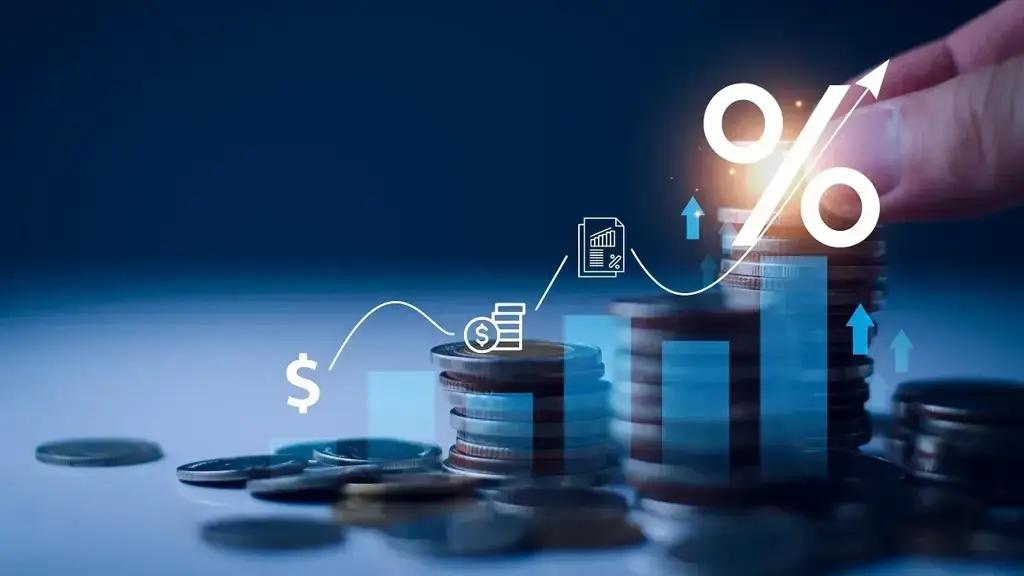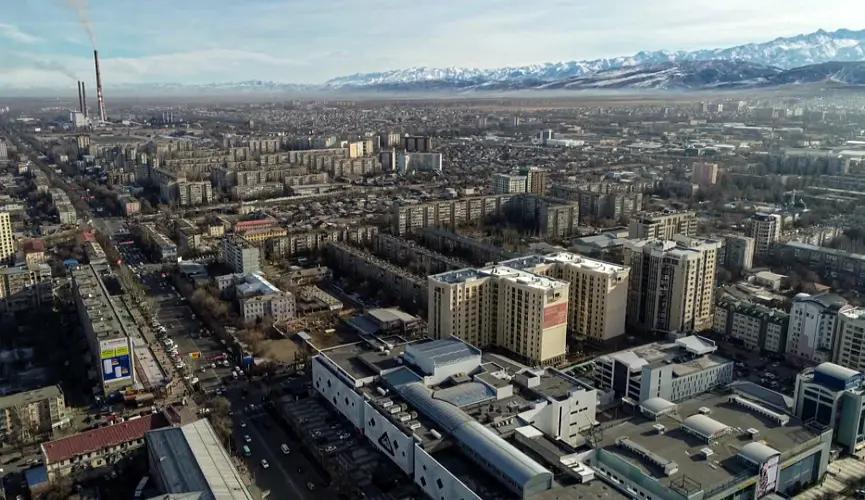
Published
07/29/2025, 15:23On July 28, the National Bank decided to raise the key interest rate by 0.25 percentage points — from 9% to 9.25%. While the change may seem minor, it could have an impact on people’s daily lives. Let’s break down what this means and what to expect.
The key interest rate is the percentage at which the National Bank lends money to commercial banks. Raising it is one of the tools used to combat inflation. Currently, the annual inflation rate in Kyrgyzstan stands at 8.7%, while the regulator’s target range is between 5% and 7%.
As economist Iskender Sharsheev explains, a rate hike makes loans more expensive, reduces the money supply in the economy, and thereby helps contain price growth. However, this decision also comes with other consequences.
"Commercial banks use the key interest rate as a benchmark in their calculations. If it goes up, interest rates on loans may also increase. This especially applies to new loans — such as mortgages, car loans, or consumer loans. And those who already have loans with a variable interest rate may notice their monthly payments go up. For instance, if the average loan rate reaches 18% by the end of the year, that will significantly impact borrowers' wallets," — the economist explained.
At the same time, this is good news for depositors. In an effort to attract people’s money, banks tend to raise interest rates on deposits. This means that those who keep their savings in KGS through fixed-term deposits will be able to earn more. It could serve as an incentive to save rather than spend.
After a similar rate hike in 2021, people began actively depositing their money in banks — particularly in fixed-term deposits in the national currency.
“One of the goals of raising the key interest rate is to slow down price growth (inflation). When loans become more expensive, both people and businesses tend to spend less. This reduces demand, which in turn slows down the rise in prices — especially for imported goods,” — the expert said, noting that the effect should not be expected to happen immediately.
Currently, prices are rising due to seasonal and external factors, such as the high cost of fuel and food worldwide. Therefore, inflation may remain elevated for some time.
When the key interest rate rises, investing in KGS becomes more attractive. This can strengthen the national currency and reduce demand for dollars and euros. As a result, imports may become cheaper, which can help slow down the rise in prices for foreign goods.
Expensive loans act as a restraining factor for the economy. People take fewer loans and spend less, and businesses also become more cautious. This can especially affect sectors that rely heavily on credit, such as construction, retail and small businesses. There may be a slowdown in wage growth, and in some cases, even job cuts.
“Moreover, for people with lower incomes, the rate increase may mean that obtaining loans for housing, medical treatment or education will become more difficult. They will need to plan their expenses more carefully,” — the expert concluded.


